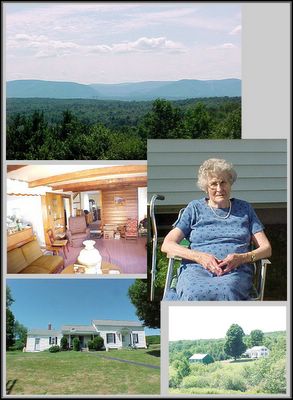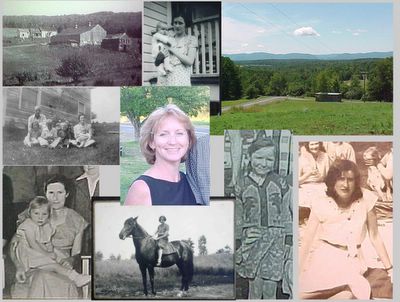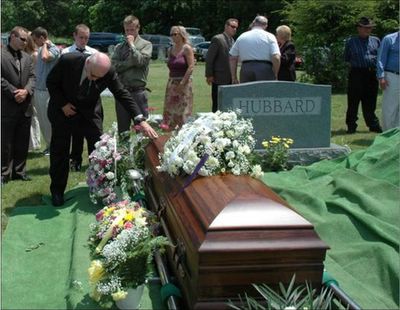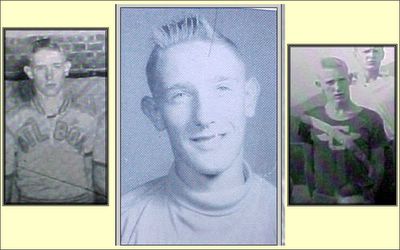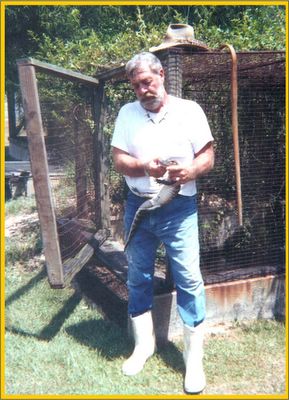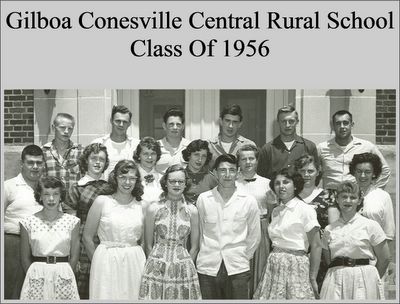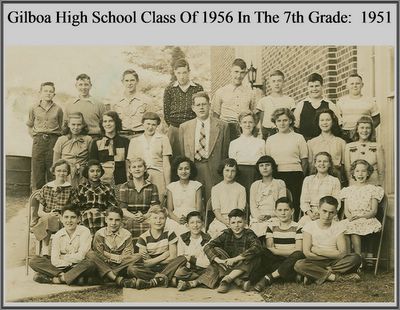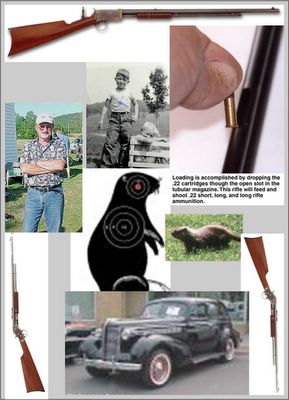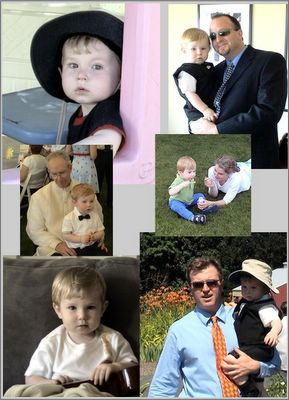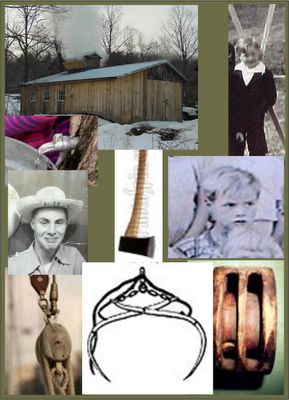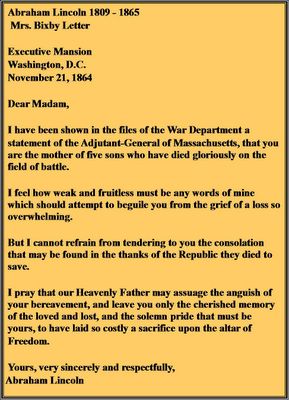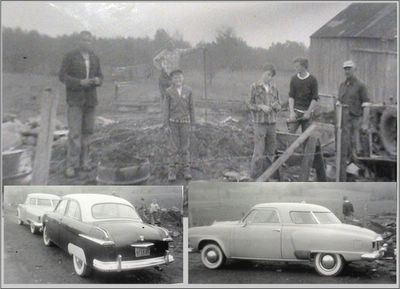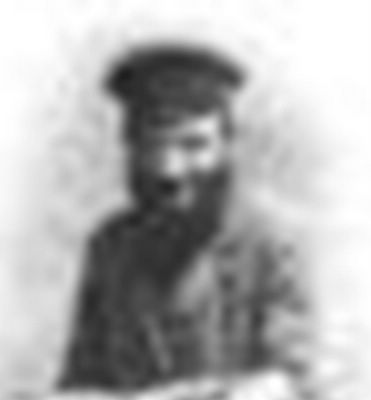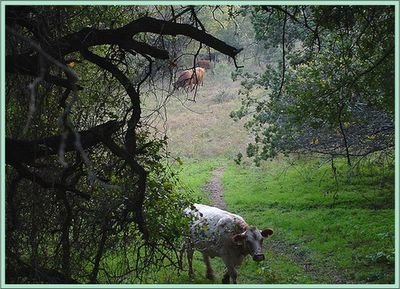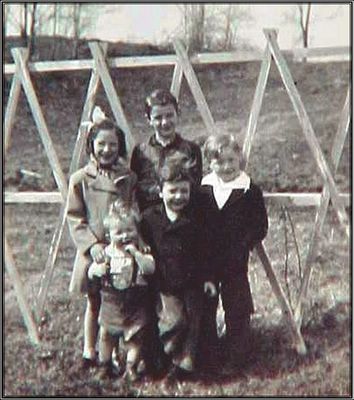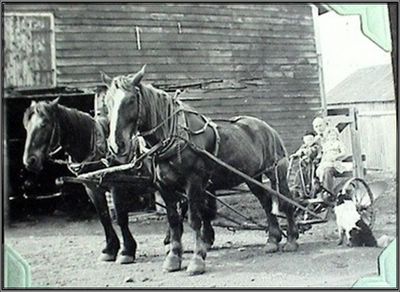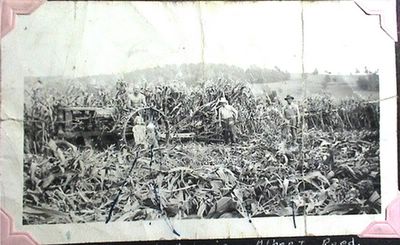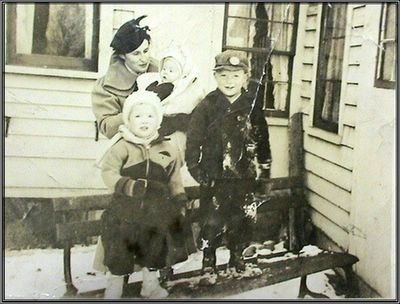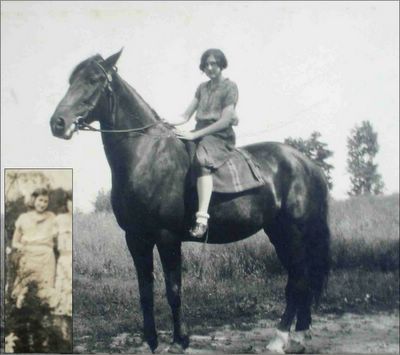
Mom's Sixteenth Birthday Party

Middleburg News, October 27th, 1929
Miss Frances Barber Given Birthday Surprise
A birthday surprise party was given by Mr. and Mrs. Clarence Barber at their home last Friday evening in honor of the sixteenth birthday of their daughter, Frances.
She had been away for the afternoon so was very much surprised on returning to find about thirty guests there to greet her.
However, she entered into the fun at once. Everyone had a very enjoyable time during the evening due to the hospitality of the Barber family.
Most of the time was spent in playing games, singing and dancing. Toward the latter part of the evening Frances took time to open the many lovely and useful gifts which she received.,
A lovely lunch was then served which carried out an orange and black color scheme, as did the attractive decorations throughout the house, which were very appropriate because of the nearness of Halloween.
Soon after the guests departed wishing her many more such happy birthdays.
Those present were: Emma George, Beatrice George, Leah Brayman, Elizabeth Thorington, Dorothy Rivenburg, Dorothy Engle, Ethel Reed, Belle Haskins, Maude Bailey, Evelyn Hubbard, Emma Tenblad, Marian Van Tassel, Neva Becker, Ruth MacDonald, Marguerite Meier, Julia Kane, Sara Gibbons, Ralph Cooke, Roland Shepard, Victor George, Clarence Earls, Raymond Earls, Clifton Hubbard, Almon Haskins, Alton Thorington, Maynard Laraway, Myron Stanley, Norman Van Tassel, Franz Rosenburg, Mrs. Grant Laraway, Mildred Laraway, Frances Barber, Mr. and Mrs. Clarence Barber.
Notes:
Attendee Maude Bailey married attendee Almon Haskins. Also, about this time, Bessie Laraway & Clarence Barber (Mr. & Mrs Clarence Barber) went to Reno for a divorce. Bessie then married party attendee Norman Van Tassel and Clarence married Bessie's sister, party attendee Mildred Laraway. Clarence and "Billy" also went to Reno with Bessie & Norm.
When she was eighteen, Frances married party attendee Clifton Hubbard. If anyone knows of more connections among the party attendees, please add them in the available "Comments" section. Gerry Hubbard
